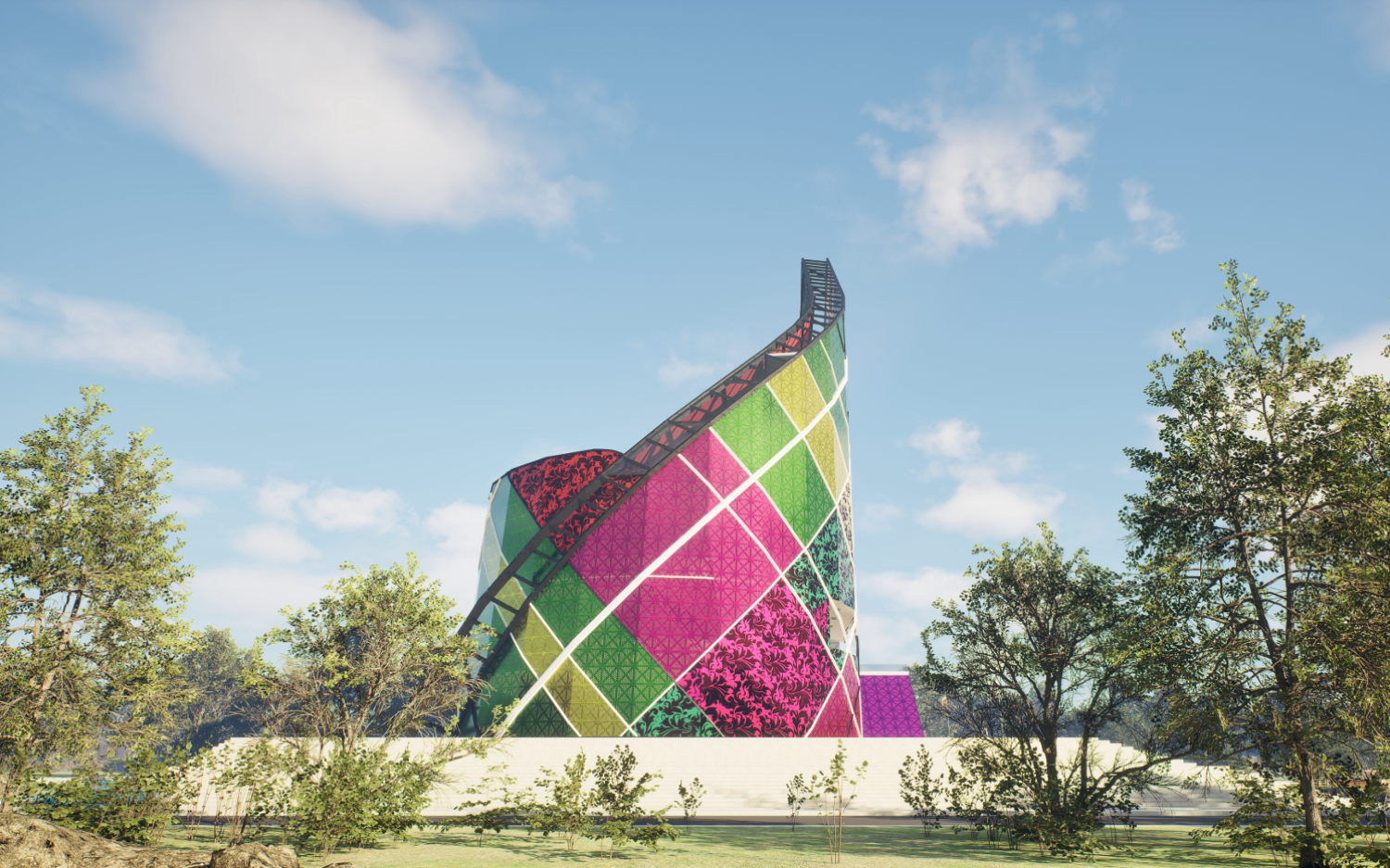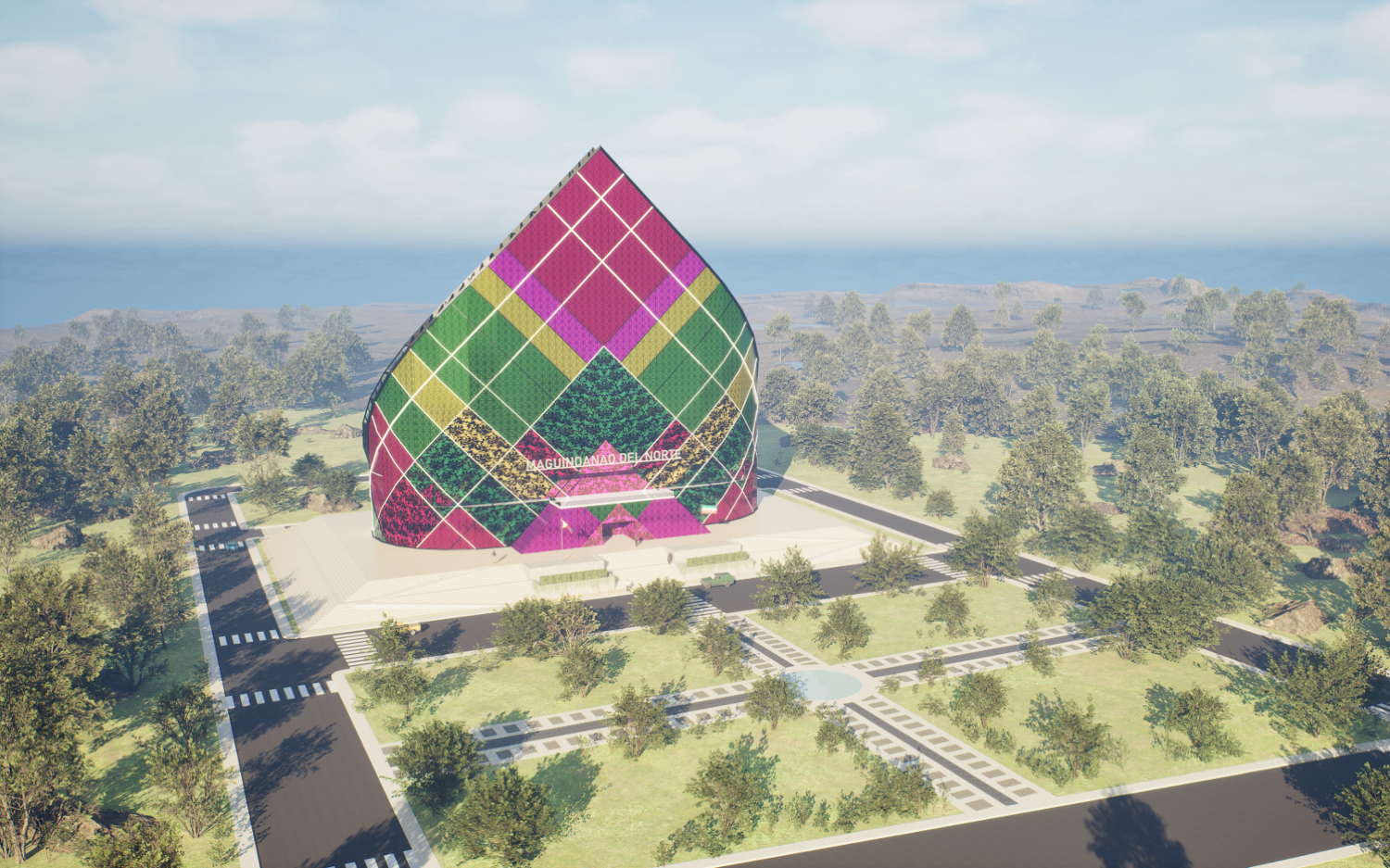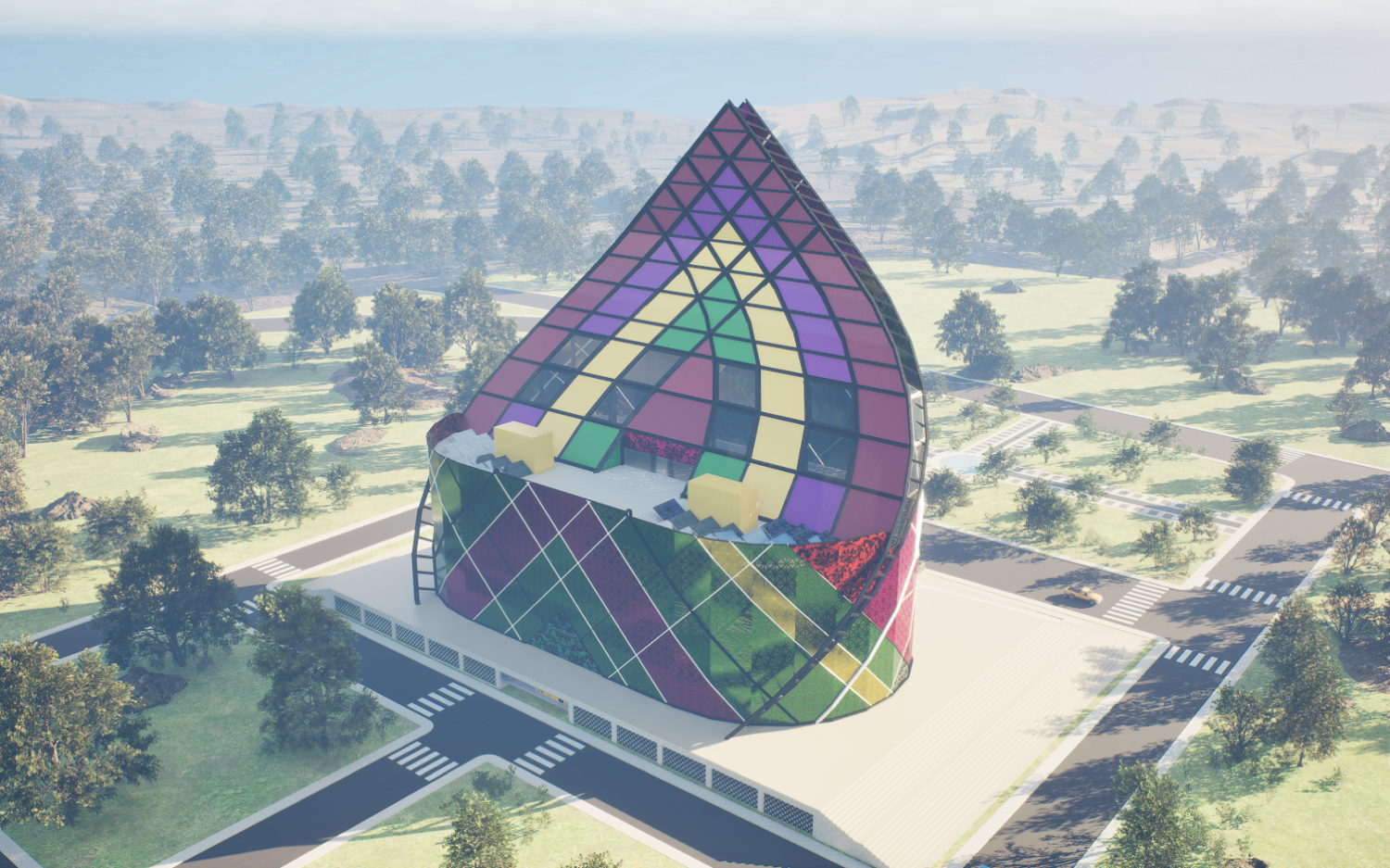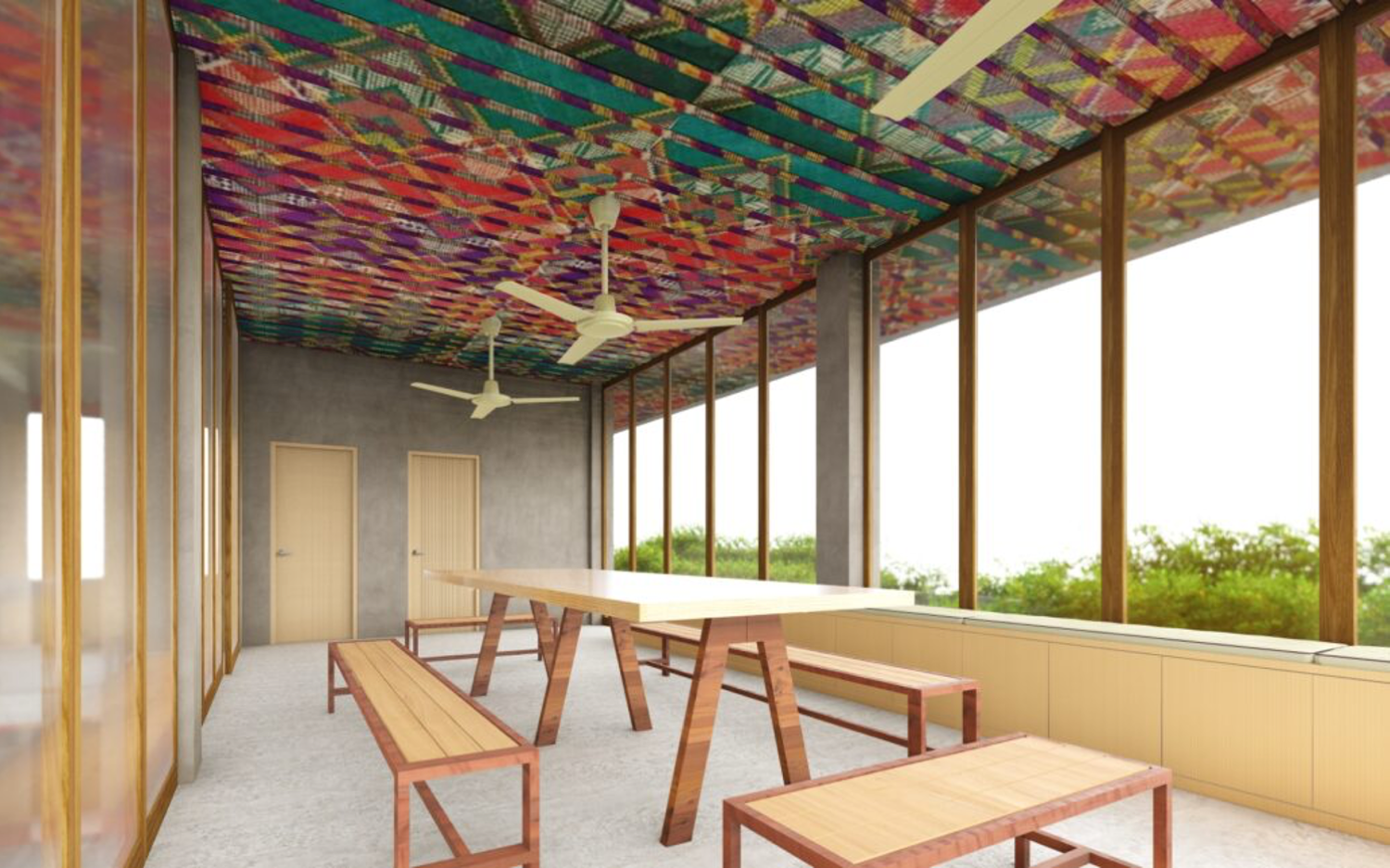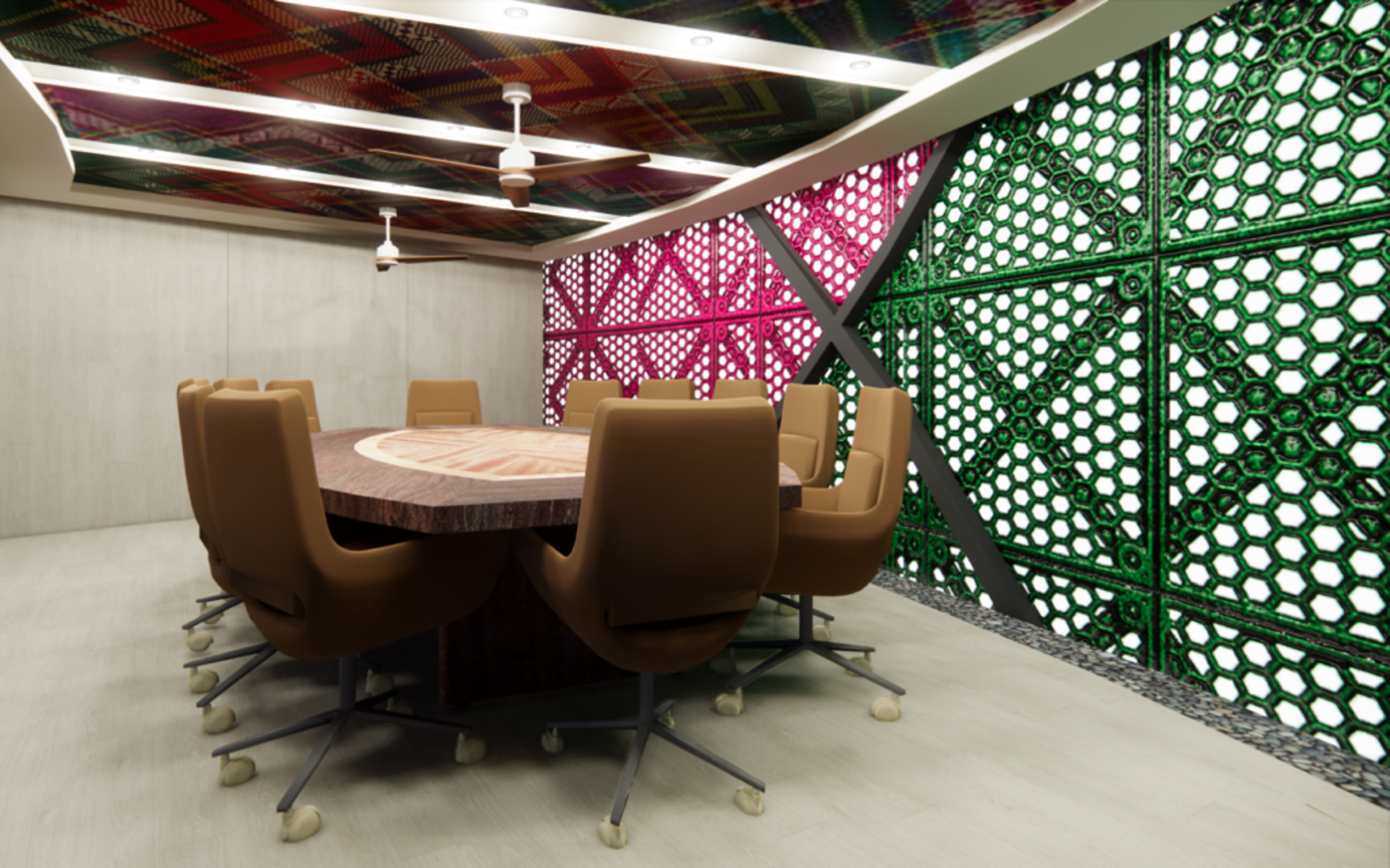Interview The Kanto team
Images Swito Architecture Designs
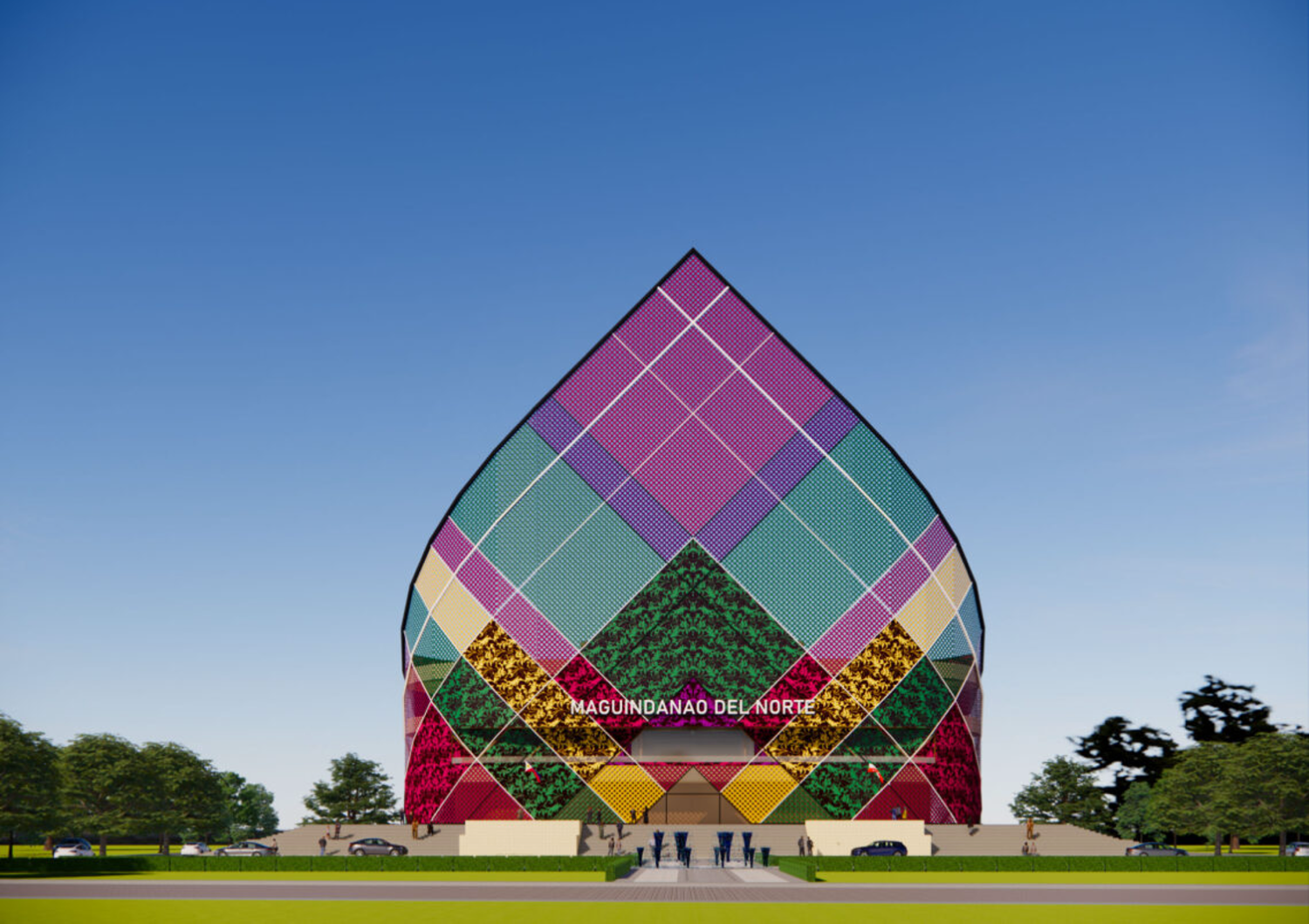

Congratulations on your first WAF shortlist placement and for winning under the WAFX Power and Justice category! Can you tell us more about the design for the Maguindanao del Norte Capitol? What are you most confident about your project?
Hi, Kanto! Thank you very much! We believe that the genius of the Maguindanao del Norte Capitol lies in its intent to translate the philosophies of peacebuilding into architecture.
Maguindanao’s history in the Moro conflict, an insurrection involving several armed organizations in the Mindanao region, is an important narrative that influenced the project. Maguindanao del Norte was formed after the division of Maguindanao into two, representing not just a change in administrative boundaries but a pivotal opportunity to forge a province that reflects peace.
After learning more about this through conversations with peace-building workers in the community and conducting research on our own, we decided to center our design on four peacebuilding pillars: imbibing cultural sensitivity, reforming institutions, encouraging communication, and finally, repairing relationships.
The design reflects these pillars by patterning the capitol’s shape after the Tubaw, a headcloth worn by the community leader and male elders to showcase strength, identity, and pride. The building also features glass to reflect transparency; spacious shared areas to promote interactions; and linked spaces to showcase connection and shared heritage.
We hope the sincerity behind the project’s design will appeal to the live jury and audience.
You’ll be presenting your project twice, once for your WAF category and another for WAFX. Can you let us in on your preparations for the live program? Have you spotted any tough competitors under your respective categories?
Considering that it’s our first time participating in the festival, the practice crits organized by GROHE and Kanto gave us ideas on what to expect from being on the WAF stage. We’ve polished our presentation script according to what we learned from the practice crits.
Regarding your question on competitors, I honestly have not gone into researching about them. This is more of an opportunity and less of a competition for us. I am just really glad we made it this far.
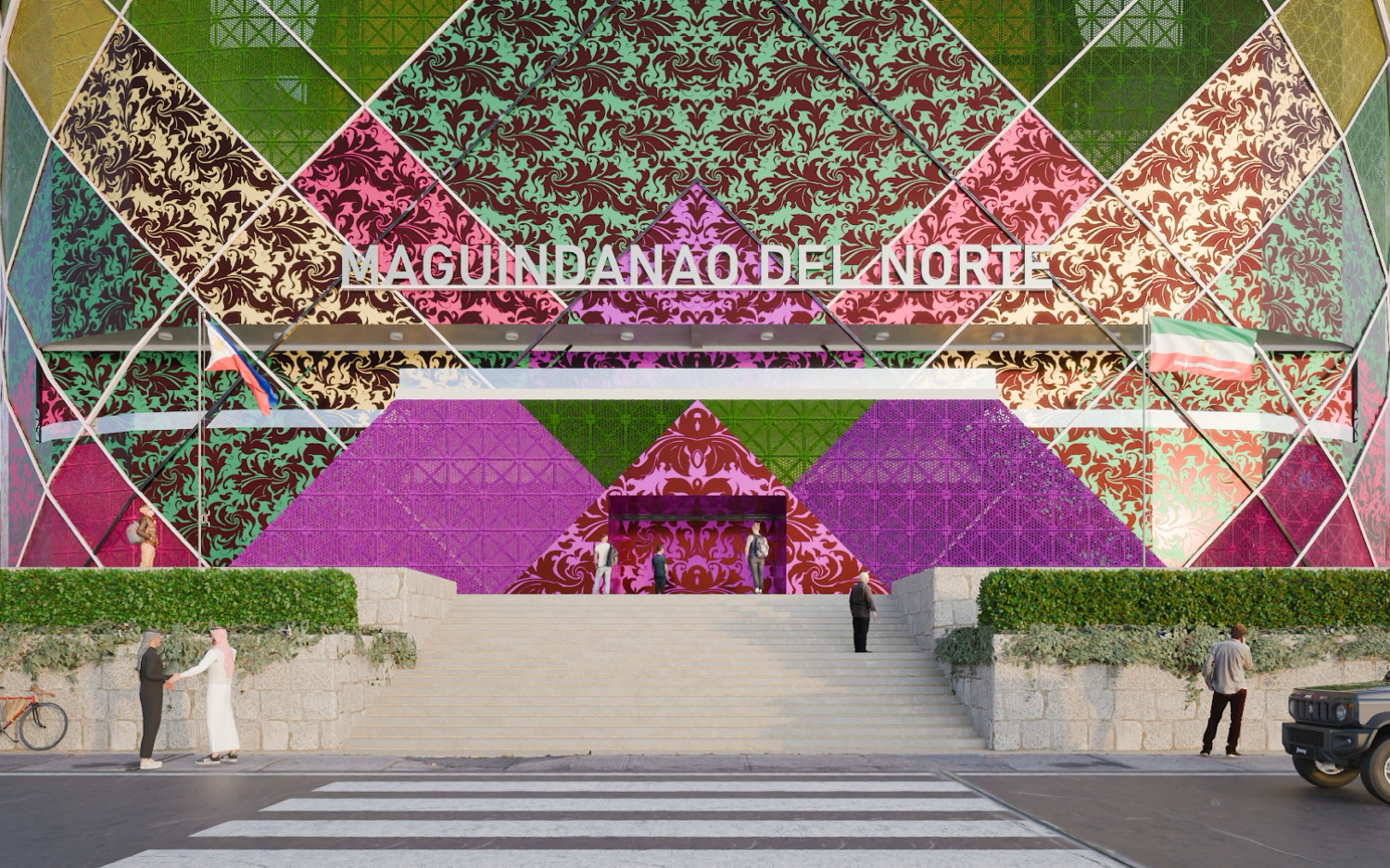

I understand. The shortlist itself and your recognition under WAFX are already huge accomplishments! What else are you hoping to bring home from the festival?
We aim to make a good impression at WAF! We look forward to networking with fellow architects and industry professionals and gaining new friends in the field. If anything, we hope this experience can help us meet potential collaborators or partners for our future projects.
Goodluck, Swito Architecture Designs! We hope you have a great WAF 2024 experience!


“We decided to center our design on four peacebuilding pillars: imbibing cultural sensitivity, reforming institutions, encouraging communication, and finally, repairing relationships. “
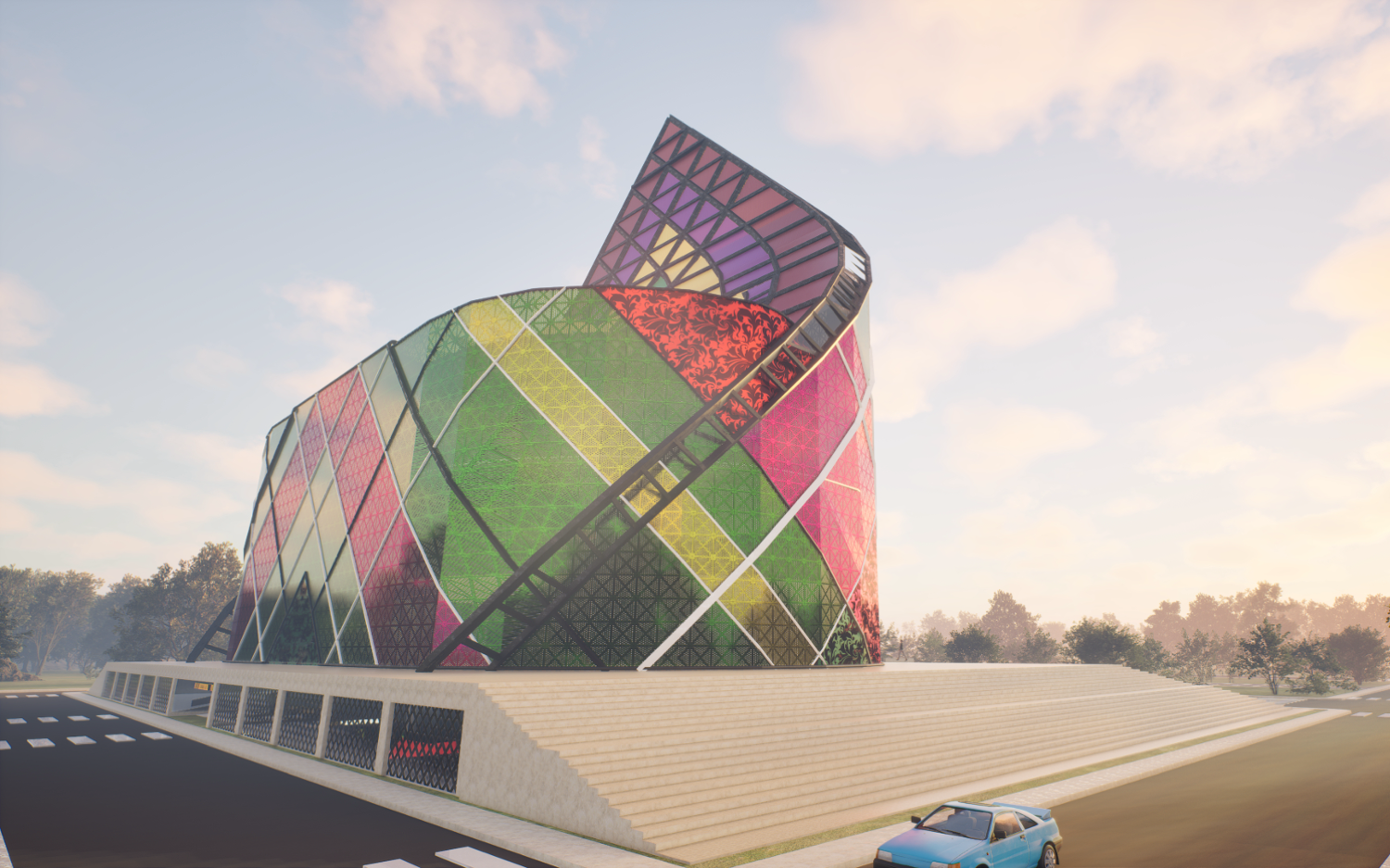

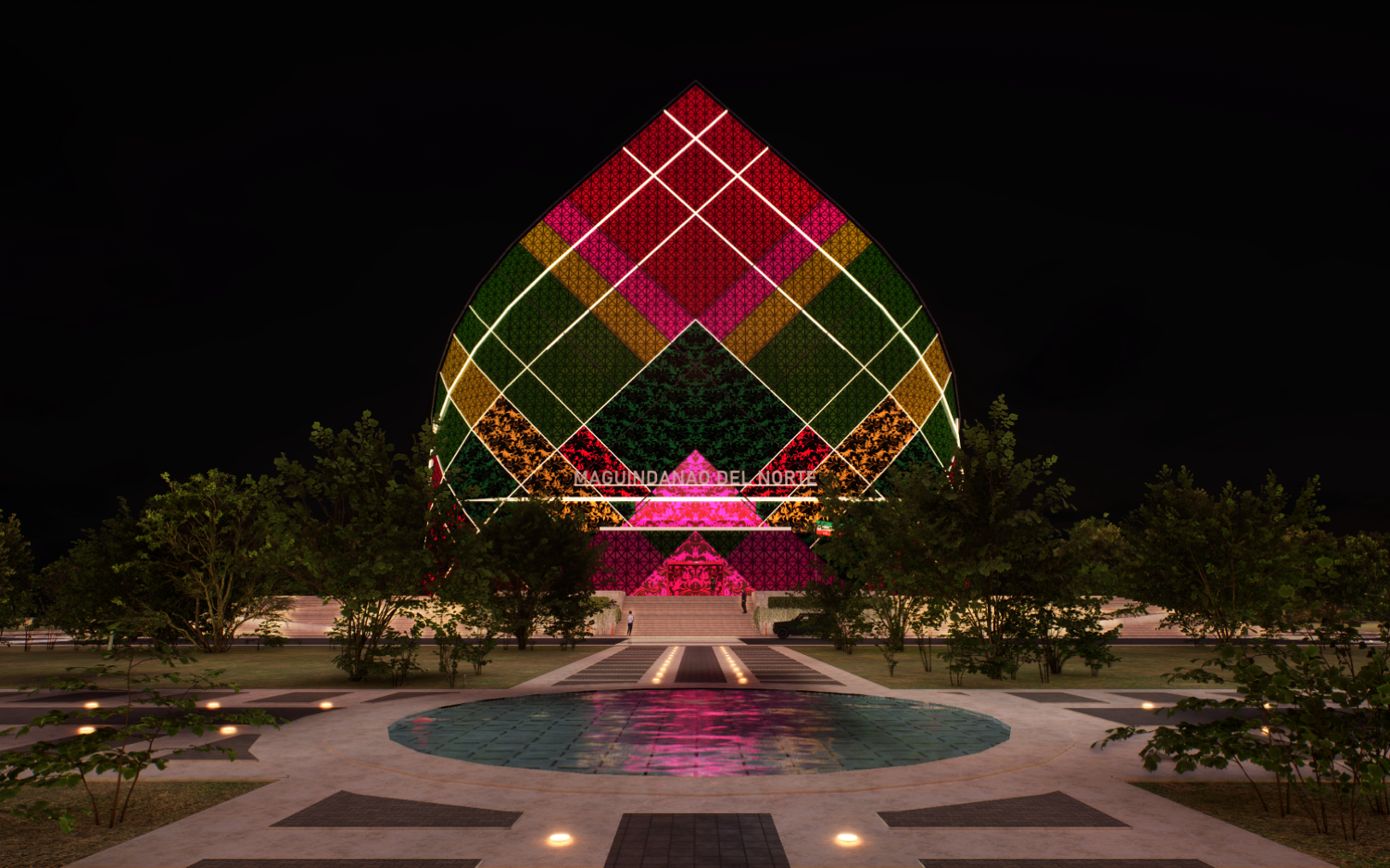

Peace Building: Maguindanao del Norte Capitol
Project description by Swito Architecture Designs
Edited by the Kanto team
The concept of the Maguindanao Del Norte Provincial Capitol is rooted in its history of peace and conflict. Maguindanao is considered a facet of the 1900s Moro war, an insurrection involving several armed organizations in the region. The Moro National Liberation Front (MNLF) and the Moro Islamic Liberation Front (MILF), the two main armed factions in the Philippines, have already signed peace agreements. In 2017, approximately 138 clan conflicts were resolved by the peace council.
Among the conflicts discussed was the division of Maguindanao into two, Maguindanao del Sur and Maguindanao del Norte. This was done as a result of a plebiscite held on September 17, 2022, to approve Republic Act 11550, which called for the separation.
The rise of Maguindanao del Norte presented an opportunity to make things right, establishing a place of peace for its people. With this in mind, the design had to reflect the unity formed by the community.
The building borrows its form from the “Tubaw,” a headcloth worn by the leader of the community in Maguindanao. Translating to “a hand-woven bandana,” this piece is often regarded as a powerful symbol of strength and heritage.
The structure takes this form from front to back, emphasizing the upright fold of the cloth in the front and the textile fold at the back.
The capital is also designed to face east to align with Maguindanao culture, which requires the community leader to face east while working.
Latticework material was selected to enhance the building’s design, with colors alluding to the place’s heritage. Concrete with Okir moldings also supports the structure. Okir are traditional rectilinear and curvilinear plant-based designs and folk motifs exclusively found in Mindanao, and were requested by the community to form part of the new capitol. •

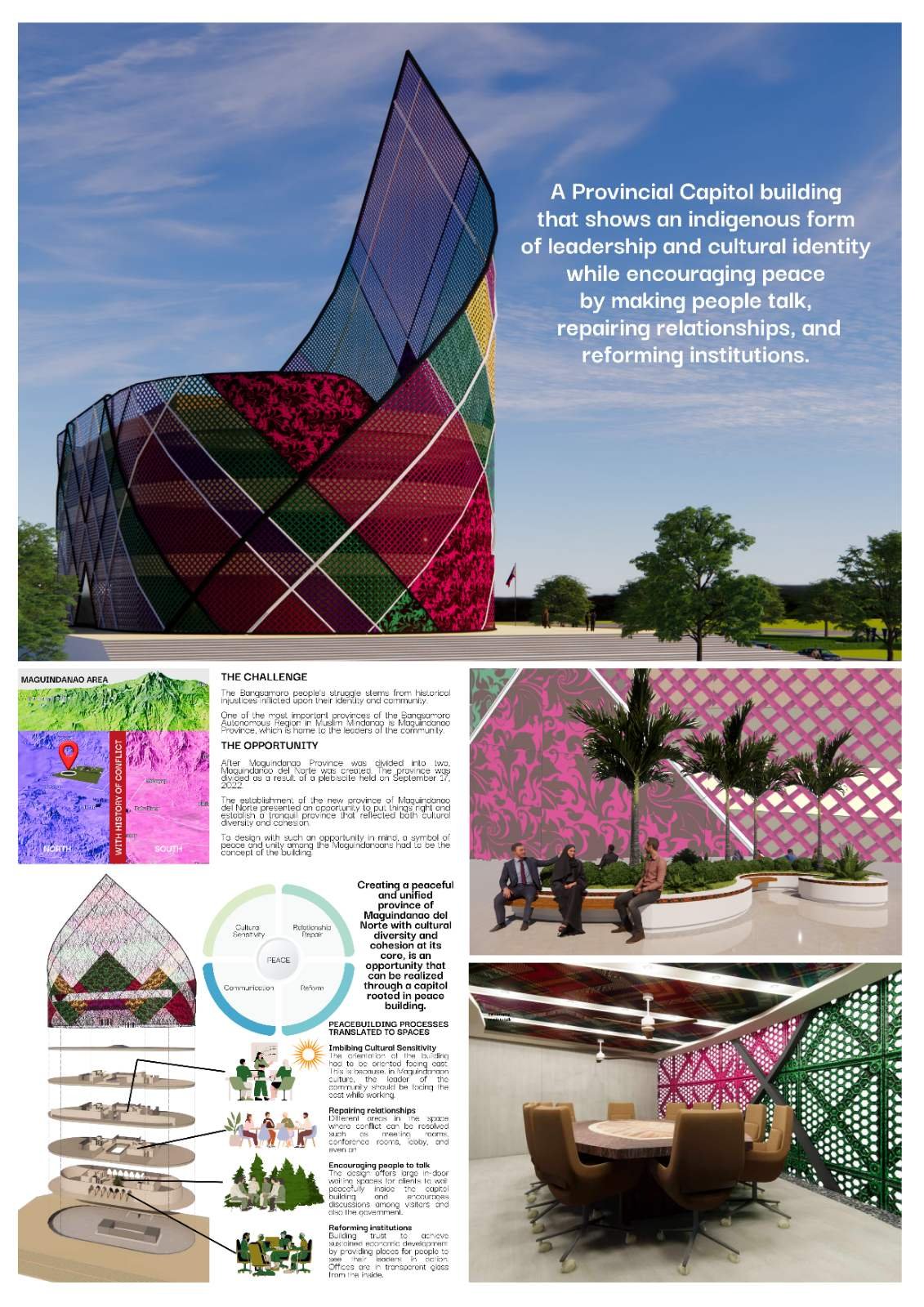


switodesigns.com

